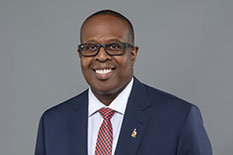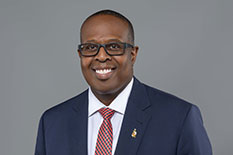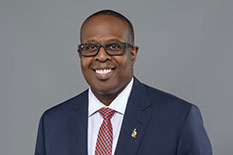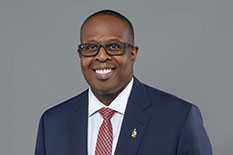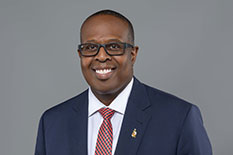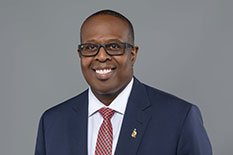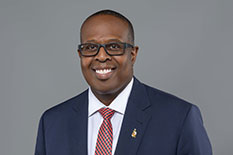Shaping the Future of Engineering: How Maryland Is Leading in AI Education and Research
October 7, 2025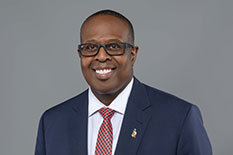
Maryland Engineering has a curriculum that continually responds to society’s needs. As artificial intelligence (AI) transforms how the world works, the Clark School is transforming AI education and research.
In the A.V. Williams Building on our College Park campus—named after the Terp alum who graduated in 1917 and civil engineer Albert Vaughn Williams—is a new AI teaching lab. The lab is part of our school’s AI4All initiative, which prepares all engineering students to use AI and machine learning to solve engineering problems in a responsible and ethical way.
We are including AI throughout our curriculum:
-
Introduction to Engineering Design for first-year students, general AI courses for second-year students, and discipline-specific courses and modules in each major.
-
A new Engineering AI Master of Engineering and Graduate Certificate in Engineering, focusing on analysis and design of intelligent engineered devices and systems.
-
Our Industrial AI program with courses for students and working professionals that focus on AI in smart manufacturing.
That kind of innovation extends to our research. The future of AI will depend on how we design, build, and resource the next generation of data centers. At the Clark School, this work is part of our unique contribution to AI’s development: designing data centers that account for construction advances, including new cooling technologies, and utilize appropriate energy and water resources in a sustainable way. On October 6, 2025, we held a national gathering on building resilient and environmentally-friendly AI data centers.
Other AI research thrusts extend to engineering and medicine, including a global consortium that is seeking to apply AI to medical innovations; robotics for AI for autonomous search and rescue, and the delivery of medicines to the state’s rural communities; AI to advance materials discovery for future engineering innovations; and AI to advance industrial applications and workforce development.
All of this work is supported by our school’s Engineering Center of Excellence—accelerating the pace at which new knowledge is translated into solutions, like new chips and packaging—and the university’s Artificial Intelligence Interdisciplinary Institute.
We pride ourselves on providing a full-circle student experience, a personalized mix of academic, professional, and social tools to help them grow as people and engineers. Equipping students to think about and use AI in a powerful and responsible way is part of that experience. As the AI landscape evolves, we will evolve with it—and, in some cases, shape that evolution. We encourage you to read more about the Clark School’s work in AI, including ways to optimize the food systems, in our newest research deep dive, Better Basics to Meet Bigger Goals.
Sincerely,
Samuel Graham
Dean and Nariman Farvardin Professor


